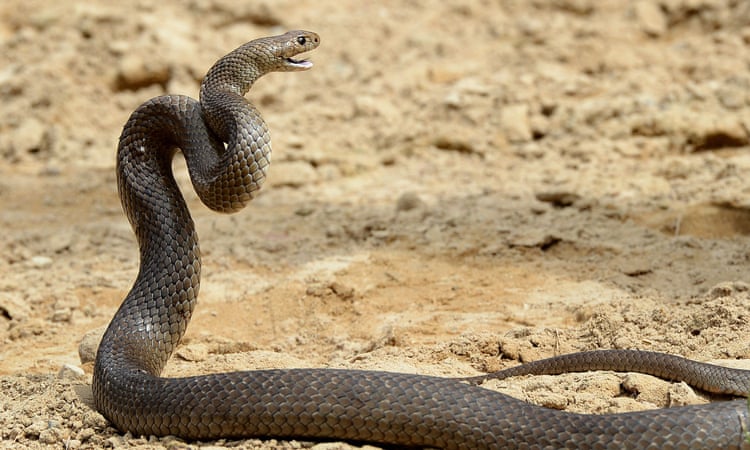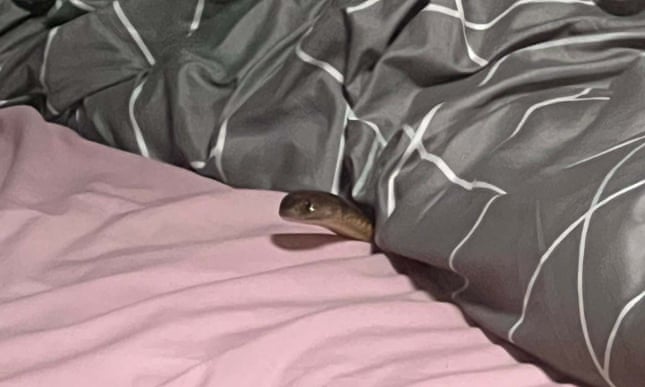In 2023, more than 700 marine animals, including nine dolphins, fell victim to Queensland’s controversial shark culling program, utilizing shark nets and drum lines. The data, compiled by Conservation groups advocating against the program, sheds light on the death toll and raises renewed concerns about the effectiveness and ethics of these lethal measures.
Despite being in practice since the 1960s, the use of nets and drum lines to catch and kill “target” shark species, such as white sharks and tiger sharks, lacks clear scientific evidence supporting their efficacy in reducing shark attacks. The Humane Society International and the Australian Marine Conservation Society have scrutinized 2023 government data, revealing that 722 marine animals lost their lives as unintended casualties.
The grim statistics include 614 “non-target” animals ensnared by drum lines, ranging from humpback whales and dugongs to dolphins and turtles. Tragically, more than 400 of these animals, including nine dolphins and five turtles, met their demise. Approximately 30% of the non-target animals caught were released alive, highlighting the indiscriminate nature of these methods.
Since 2014, the toll on marine life has been significant, with 15 “critically endangered” grey nurse sharks, 92 dolphins, two whales, and 273 rays losing their lives. The indiscriminate impact on both target and non-target species underscores the need for a reassessment of the current shark control measures.
Marine biologists and shark scientists argue that the current approach is outdated and ineffective. Lawrence Chlebeck from the Humane Society International emphasizes that shark incidents are rare, and the existing program does not effectively prevent them. Dr. Leonardo Guida of the Australian Marine Conservation Society advocates for more modern, effective, and humane methods to protect beachgoers from potential shark attacks.
Experts propose alternative methods, including the use of drone technology to monitor busy beaches. Critics argue that the current program, which has been in place for over six decades, fails to meet contemporary safety standards and lacks adaptability to more advanced and humane techniques.
The Queensland Department of Agriculture and Fisheries defends the shark control program, stating that the protection of human life is its top priority. The department asserts that measures are in place to limit the impact on non-target species, such as electronic warning devices and alternative baits. They claim that the level of bycatch in 2023 is consistent with previous years, within the normal range of variability.
This article by Trinity Sparke was first published by One Green Planet on 13 January 2024. Image Credit: VisionDive/Shutterstock.
What you can do
Help to save wildlife by donating as little as $1 – It only takes a minute.







Leave a Reply